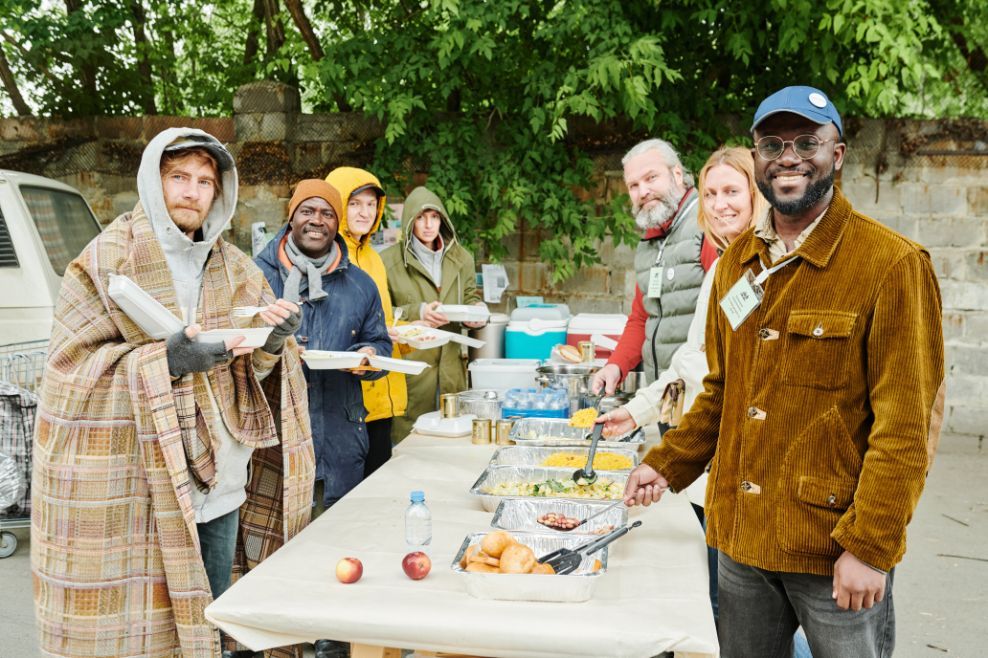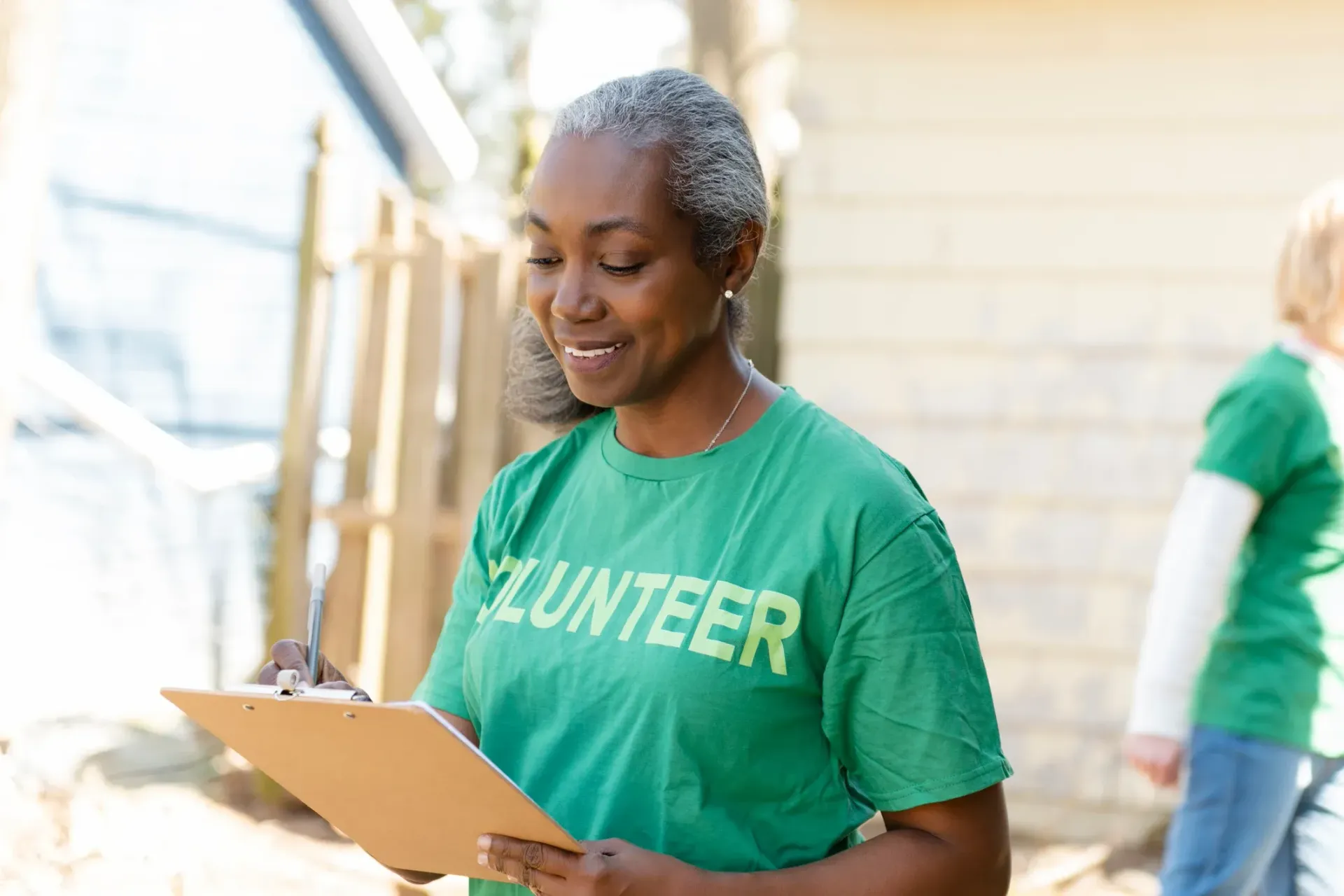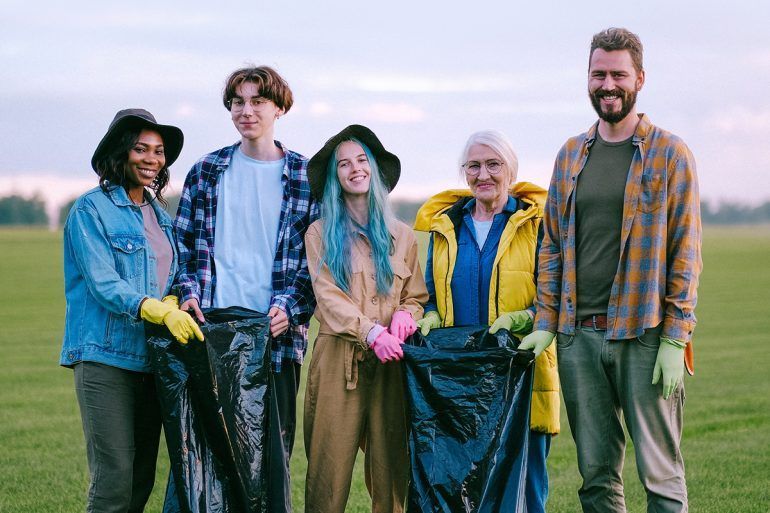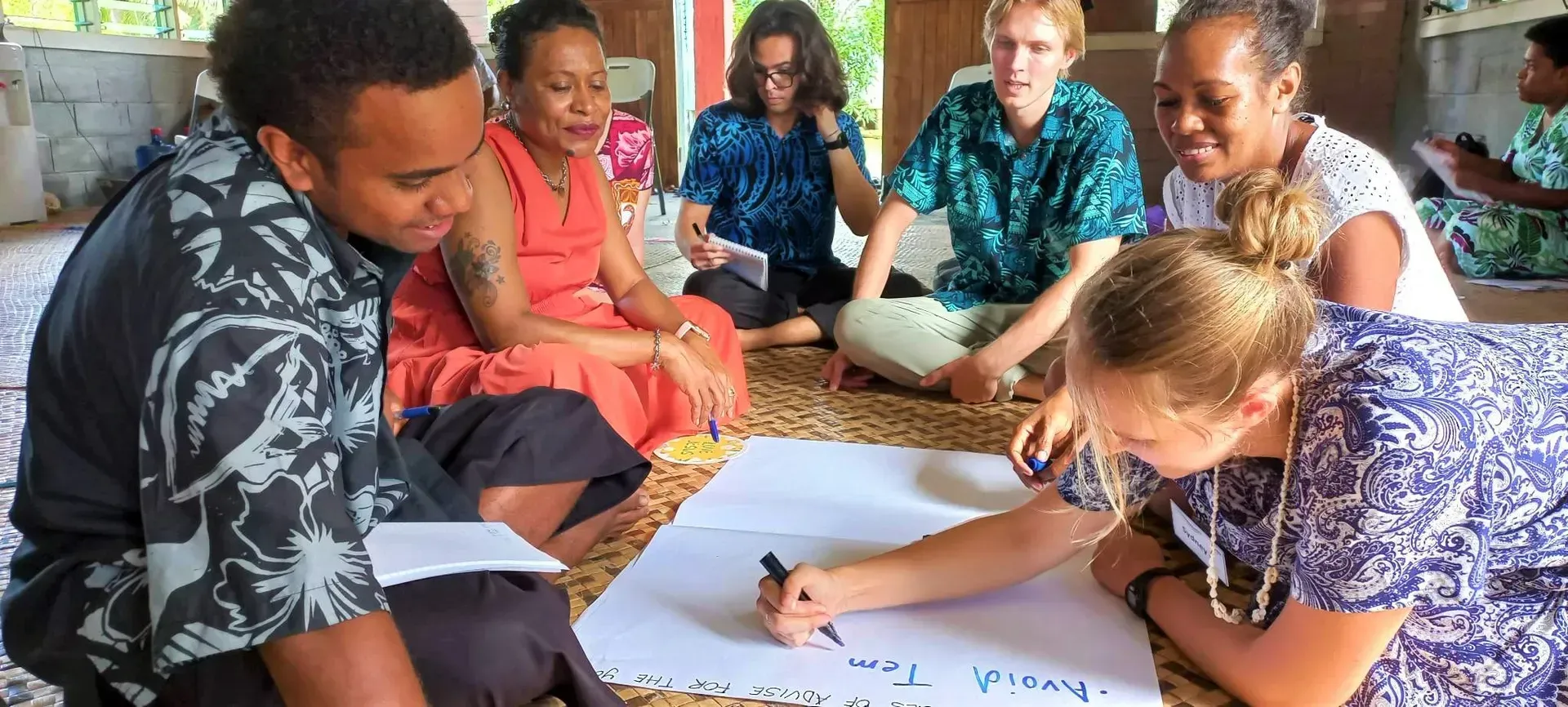How Volunteering Helps You Build Leadership and Teamwork Skills
TLDR;
Volunteering helps you build leadership and teamwork skills by giving you real-world opportunities to lead, communicate, and collaborate in diverse environments. You learn to manage people, solve problems under pressure, and inspire others toward shared goals—skills that directly translate to professional success.
Why Volunteering Is a Leadership and Teamwork Training Ground

Volunteering mirrors the challenges and rewards of leadership in professional life. When you take on a volunteer role, you often lead without authority, influence through communication, and manage through collaboration. These are core leadership and teamwork experiences that help you grow.
You learn to:
- Coordinate with people from different backgrounds.
- Manage limited resources efficiently.
- Make decisions with incomplete information.
- Motivate others to achieve collective outcomes.
In volunteer settings, leadership develops naturally. You take ownership of results because the mission matters. This intrinsic motivation teaches accountability, initiative, and adaptability—the same qualities that strong leaders bring to any workplace.
Key Leadership Skills You Develop Through Volunteer Work

Communication and Influence
Volunteering requires constant communication. You talk to team members, community members, and sometimes external partners. You learn to adjust your message depending on who you are addressing. That skill makes you a better communicator in professional and personal settings.
When you lead volunteers, you rely on persuasion instead of authority. You influence others by showing commitment, empathy, and competence. This builds credibility and teaches how to guide people toward shared goals without formal control.
Decision-Making and Problem-Solving in Volunteer Contexts
Volunteer projects rarely go exactly as planned. You face unexpected challenges like lack of materials, scheduling issues, or differing opinions. Making decisions quickly, often with limited data, builds critical thinking and situational judgment.
You also learn problem-solving under pressure. Leaders in volunteer settings analyze what they have, prioritize tasks, and adjust strategies. These habits carry over into business, where leaders must stay calm and solutions-focused in unpredictable situations.
Emotional Intelligence and Empathy
Volunteering exposes you to people from many walks of life. Serving in shelters, hospitals, or disaster relief builds empathy. You begin to understand others’ needs, emotions, and motivations.
Emotional intelligence becomes essential. You learn to read team members’ moods, resolve conflicts diplomatically, and maintain morale during challenges. Employers value leaders who can inspire people through understanding, not authority.
Initiative and Ownership
In volunteer work, no one tells you what to do step by step. You see a need and act on it. Taking responsibility without being asked demonstrates initiative and builds confidence.
When you manage projects, you learn accountability. You lead meetings, track progress, and ensure that everyone fulfills their role. This teaches ownership—a skill every leader must master.
How Volunteering Builds Teamwork and Collaborative Competence

Working With Diverse Volunteer Teams
Volunteers come from different professions, ages, and cultures. Working together develops cultural awareness and adaptability. You learn to respect different perspectives and communicate across differences.
Team success depends on mutual understanding and flexibility. These experiences train you to collaborate effectively in diverse workplaces.
Delegation and Role Clarity in Volunteer Projects
Volunteer teams often operate with limited structure. This environment teaches you how to organize people, assign roles, and clarify responsibilities.
You learn to:
- Identify individual strengths.
- Match people with tasks that fit their skills.
- Establish accountability while maintaining trust.
Delegation done well keeps teams motivated and focused on common goals.
Conflict Resolution and Cohesion
Conflict is inevitable in teamwork. Volunteer settings teach you how to resolve disagreements respectfully and maintain group harmony. You learn active listening, compromise, and fairness.
When emotions run high, you practice patience and problem-solving. These experiences translate to workplace leadership, where maintaining morale and direction during tension is critical.
From Volunteer Teamwork to Workplace Teams
The collaboration learned in volunteering directly applies to professional environments. You learn to communicate clearly, value diversity, and support team goals over personal recognition.
Employers recognize these traits as markers of reliability and maturity. Your volunteer experience becomes a practical demonstration of teamwork competence.
Transferable Benefits: From Volunteer Experience to Career Growth

Volunteering strengthens skills that employers consistently seek. The Benefits of Volunteering go beyond helping others—they include building leadership, teamwork, problem-solving, and communication skills that hiring managers highly value.
When you describe your volunteer experience on a resume or in an interview:
- Highlight leadership actions such as managing events or coordinating groups.
- Mention teamwork examples like collaborating with diverse teams or resolving conflicts.
- Focus on measurable outcomes like “led a team of volunteers that served 500 meals weekly.”
These stories show your ability to lead, cooperate, and deliver results under real-world conditions.
Choosing the Right Volunteer Opportunities for Leadership and Teamwork Growth

Not all volunteer experiences build the same skills. To maximize your growth, choose roles that challenge you to lead, organize, and work closely with others.
Good examples include:
- Project coordinator roles in community initiatives.
- Mentorship programs for youth or new volunteers.
- Team leader positions in service events.
- Outreach collaboration in community drives.
Look for roles where you can practice communication, problem-solving, and planning. Align your volunteer goals with the leadership and teamwork competencies you want to improve.
Measuring Your Growth Through Volunteer Experience

Tracking your progress helps you understand how volunteering impacts your leadership and teamwork development. After each volunteer project, reflect on:
- What communication challenges you faced and how you handled them.
- How effectively you delegated and motivated others.
- Which teamwork strategies worked and which did not.
Keeping a short journal of key moments helps identify patterns in your leadership behavior. Over time, you’ll see clear growth in confidence, decision-making, and collaboration.
Common Challenges in Volunteer Settings and How to Overcome Them

Limited Resources
Volunteers often work with few materials or funds. This teaches efficiency and prioritization. Leaders learn to focus on impact rather than perfection.
Unclear Structure
Without strict hierarchies, teams may lack direction. Effective volunteers step in to define roles, create schedules, and maintain accountability.
Team Disengagement
Not every volunteer stays motivated. Leadership in these moments requires empathy and encouragement. Recognize contributions, celebrate small wins, and keep communication open.
Facing these challenges strengthens resilience and adaptability—traits that distinguish capable leaders in any field.
Virtual Volunteering and Remote Teamwork

Remote volunteering is now a growing opportunity. Online collaboration builds leadership and teamwork in digital environments. You learn to coordinate across time zones, manage communication platforms, and maintain engagement without physical presence.
Skills gained include:
- Time management in distributed teams.
- Written communication clarity.
- Virtual meeting facilitation.
- Accountability through digital tracking.
These experiences mirror modern workplaces where remote teamwork is common.
How Clean UP USA Views Leadership Through Service

At Clean UP USA, teamwork and leadership are part of every operation. Our mission depends on organized volunteers and professionals working together during emergencies. We see daily proof that service builds leadership.
Volunteers learn to take initiative, stay calm under pressure, and communicate clearly during critical moments. Those experiences create confident leaders who make a difference both in community service and professional roles.
Our experience shows that people who volunteer develop the discipline, empathy, and teamwork mindset that every high-functioning organization needs.
Next Steps: Start Building Leadership and Teamwork Skills Through Volunteering Today

To begin developing leadership and teamwork through volunteering:
- Choose a cause that aligns with your values.
- Seek roles where you’ll manage projects or coordinate groups.
- Stay active and reflective after each experience.
- Record what you learn about leadership, teamwork, and decision-making.
Consistency is key. Every volunteer effort builds new layers of skill, awareness, and confidence. Whether in your community or online, volunteering prepares you for stronger leadership in every part of life.
Frequently Asked Questions
How long before I notice improvement in leadership and teamwork skills?
Progress depends on engagement level. You’ll often notice growth after a few months of active participation.
Can virtual volunteering teach teamwork?
Yes. Remote volunteer work builds digital collaboration, communication, and organization—skills now vital in modern workplaces.
How do I show volunteer experience on a resume?
List your role, describe your responsibilities, and include results. Focus on skills like coordination, leadership, and communication.
What kind of volunteer work helps develop both leadership and teamwork?
Roles that require coordination, planning, and direct interaction with groups—like mentoring, event organizing, or outreach initiatives—are ideal.
Why do employers value volunteer experience?
Because it demonstrates initiative, collaboration, and adaptability—qualities that predict strong leadership performance.
Support CleanUP SCAN ME











